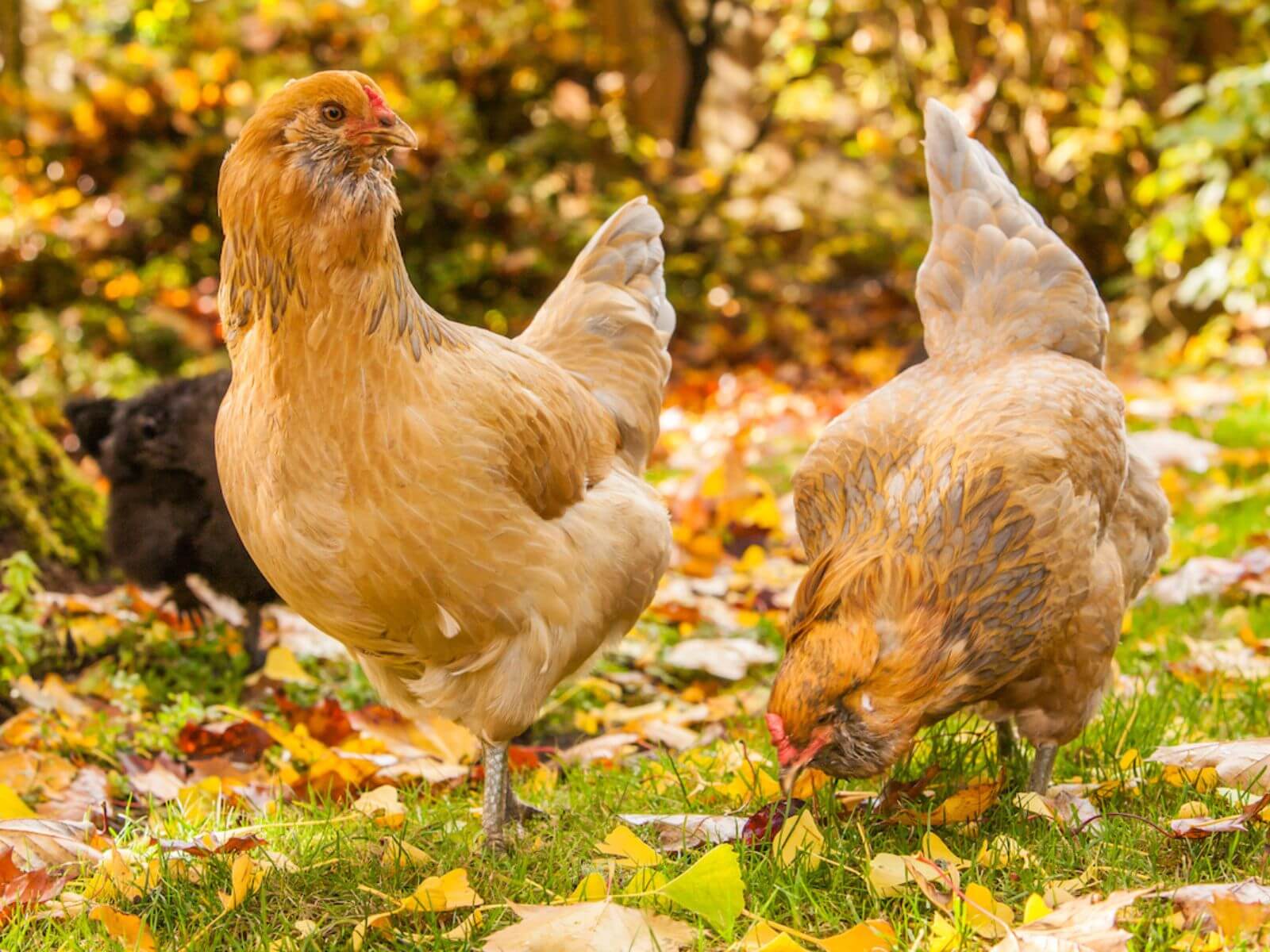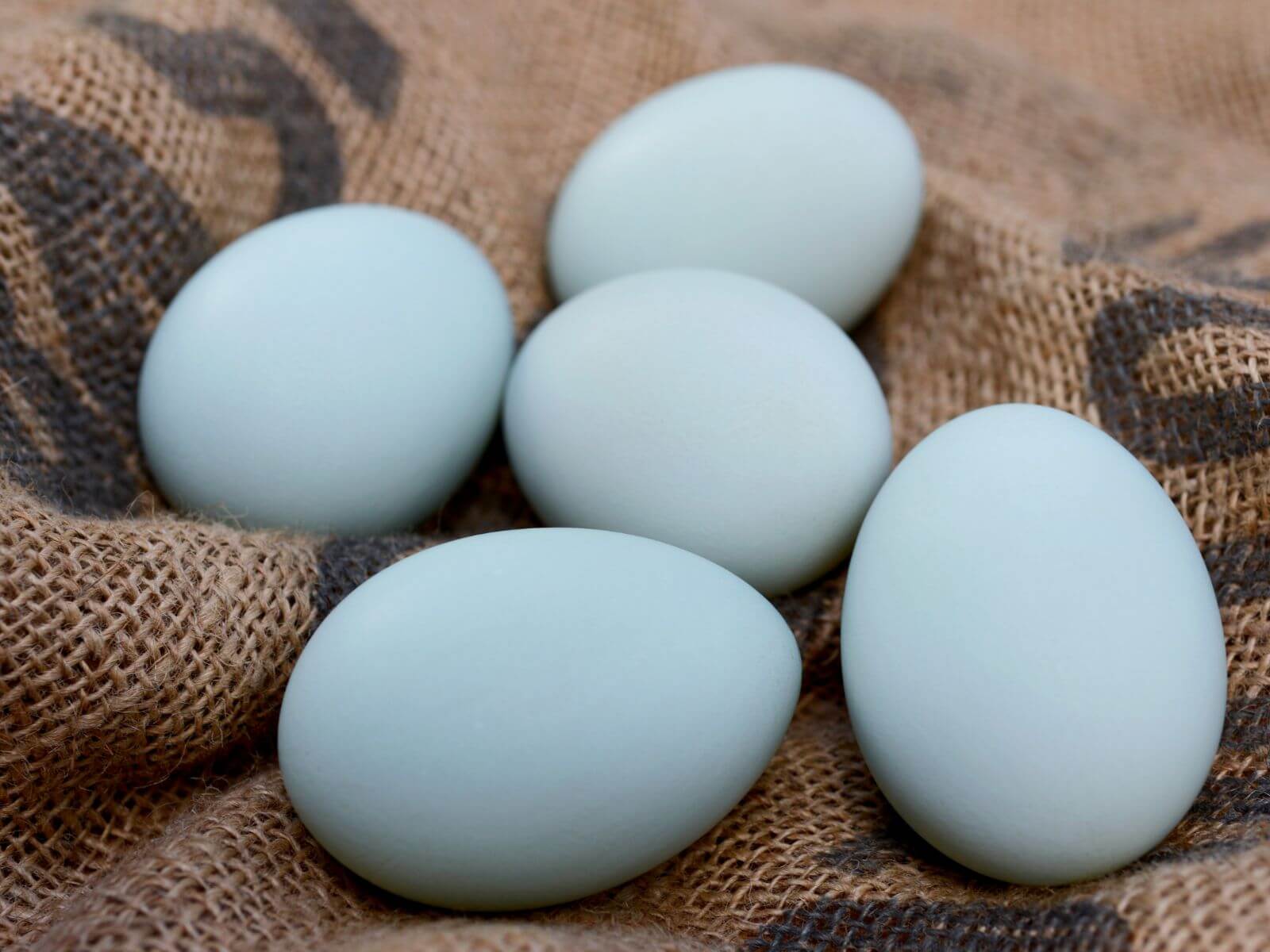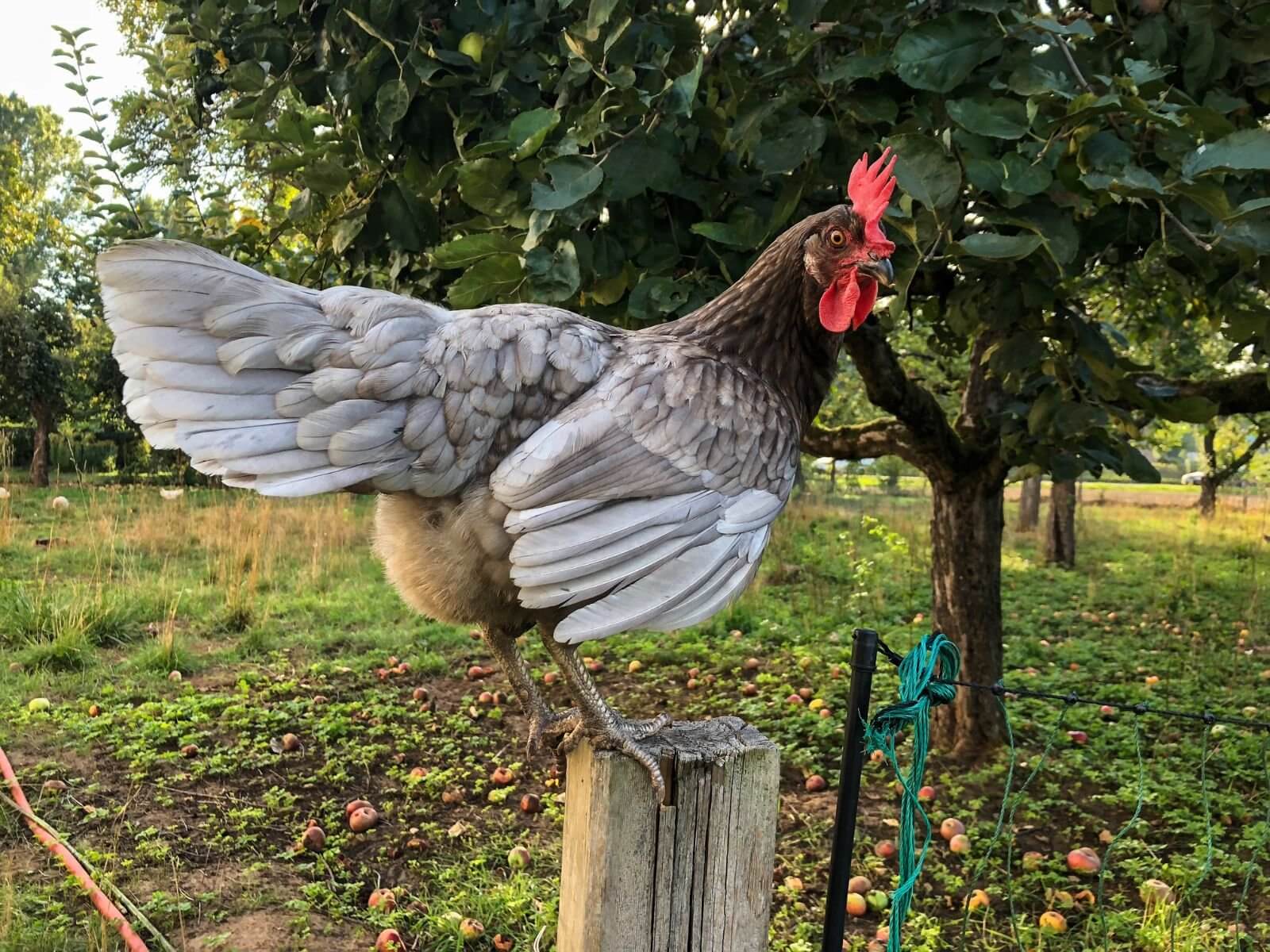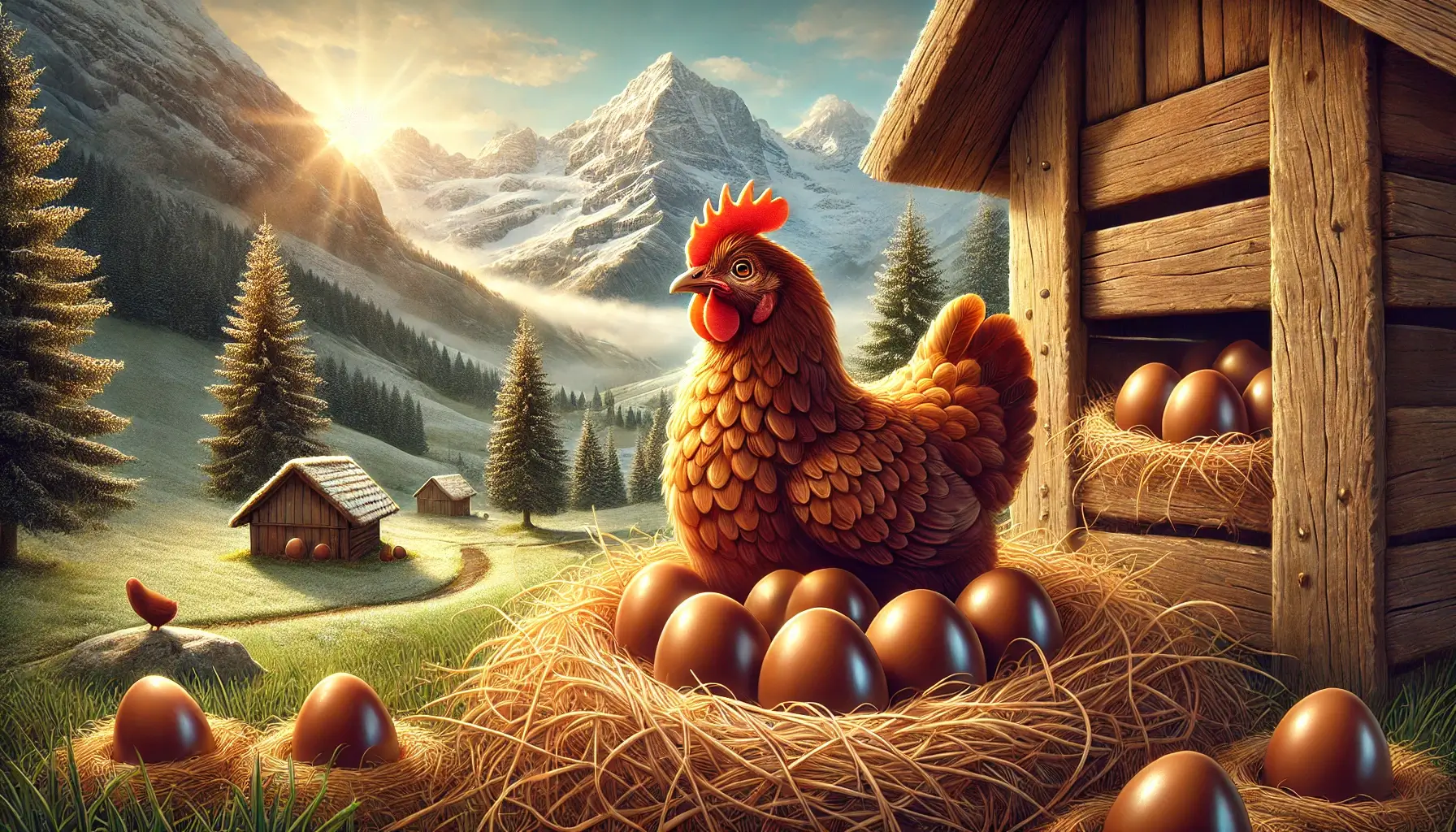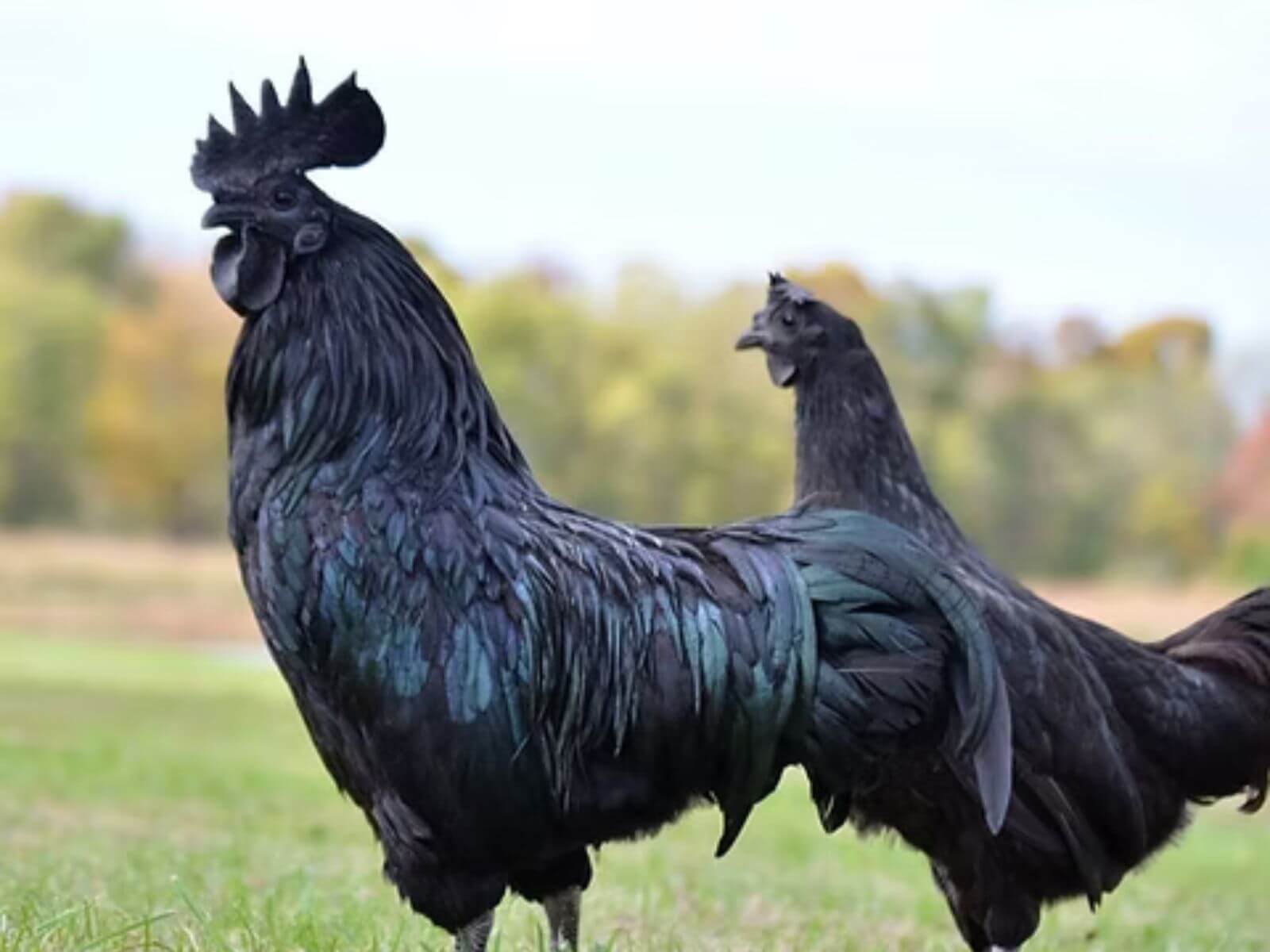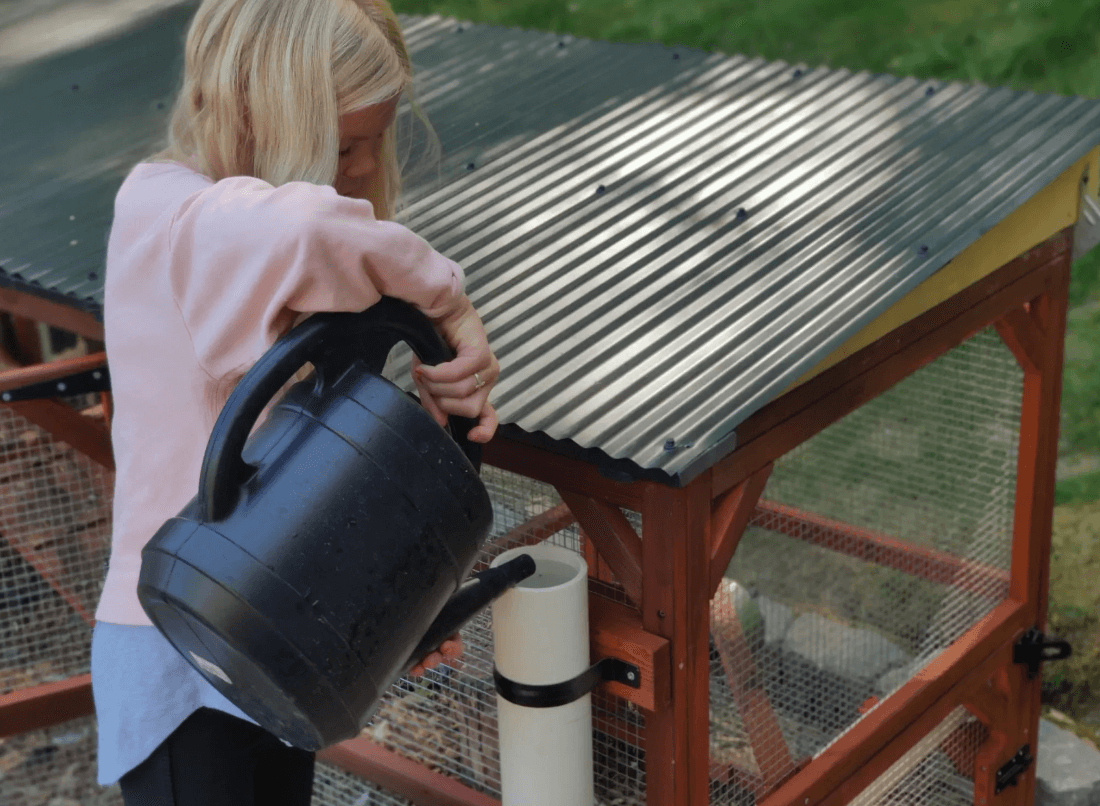Table of Contents
Easter Eggers Chickens: Colorful Eggs Start Here
An Easter Egger isn’t a recognized breed in the traditional sense. Instead, it’s a hybrid—a delightful mix of a blue egg-laying breed like the Araucana or Ameraucana and a brown egg-layer such as the Rhode Island Red or Barred Rock. This unique genetic blend gives it istandout trait: eggs in a beautiful spectrum of colors.
What truly sets them apart, though, is their individuality. These chickens come in all shapes, sizes, and feather colors. Some sport fluffy beards and muffs, while others have smooth, clean faces. No two Easter Eggers look exactly alike—and that’s part of the fun.
But their most enchanting quality? The colorful eggs they lay. Easter Eggers are capable of producing:
Sky blue eggs
Mint green eggs
Olive-toned eggs
Blush pink eggs
Each hen lays one consistent color throughout her lifetime, so if you want a true egg rainbow, consider adding several Easter Eggers to your flock.
What makes colorful eggs?
The answer lies in their genetics. Eggshell color is determined by pigments that are deposited as the egg moves through the hen’s oviduct. For this breed, two main pigments are at play:
Oocyanin: This pigment is responsible for the blue shell color. It’s produced early in the egg formation process and permeates the shell completely.
Protoporphyrin: This pigment causes brown coloring and is applied to the outer layer of the eggshell toward the end of formation.
When a hen carries both blue and brown egg genes, the result can be a range of green shades—from pale mint to deep olive. A lighter expression of the brown pigment can even result in pinkish or blush-colored eggs.
This unique genetic combination is what makes them so popular. You truly never know what egg color your hen will lay until she starts!
Easter Egger Personality: Friendly, Curious, and Easygoing
Beyond their egg colors, these chickens are beloved for their temperament. Easter Eggers are generally:
Docile and friendly, making them great for families with kids
Inquisitive and active, often exploring their surroundings
Hardy and adaptable, able to thrive in both cold and warm climates
They are great for first-time chicken keepers and seasoned flock owners alike. Easter Eggers typically lay around 4–5 medium to large eggs per week, offering a steady supply of colorful eggs without the need for artificial dyes or special care. They’re also relatively quiet compared to other breeds, making them a smart choice for urban or suburban backyards. Plus, their low-maintenance nature means you can enjoy the beauty of vibrant eggs without added hassle.
What color will you get?
One of the biggest mysteries to these chickens is what color eggs they’ll produce. Unfortunately, there’s no surefire way to predict the color just by looking at the hen. Feather color, comb type, or leg color won’t tell you much about what’s coming.
Hen typically start laying eggs between 5 to 7 months of age, though this can vary depending on the individual bird and environment. Once they start, most will lay reliably for several years. And when that first colored egg appears? It’s like finding a surprise gift in the nest box.
The only true answer: Wait and see. Once she starts laying, the color will stay consistent throughout her laying years. To increase your chances of a varied egg basket, consider getting Easter Eggers from different hatcheries or lineages.
Legend has it that there’s a rare and elusive breed of chicken known as the Cocoa Clucker—a chicken so special it lays rich, smooth chocolate eggs. According to folklore, these chickens were developed on a secret farm hidden deep in the Swiss Alps, where they were carefully bred to lay eggs that taste like a decadent chocolate truffle. The Cocoa Clucker is said to have beautiful brown feathers that match the chocolate eggs they produce. Known for their sweet temperaments and friendly personalities, these chickens are as lovable as they are mythical.
Unfortunately, despite the enchanting tales, no one has yet laid eyes on the Cocoa Clucker. While we may never see these chocolate-laying marvels, we can still enjoy the vibrant, colorful eggs from Easter Eggers, which offer a stunning variety of blues, greens, and pinks. These beautiful eggs are the perfect natural addition to your Easter festivities, beloved by both chicken keepers and egg hunters alike.
For now, we’ll keep relying on the Easter Bunny to deliver those chocolate treats. Until then, embrace the magic of Easter with colorful eggs (real or chocolate), and celebrate the season!
If you're ready to add some serious color to your egg basket, look no further than the Easter Egger. These vibrant, friendly hens bring a natural pop of pastel right to your nesting boxes—no dye kits required and all the charm you could want. As your garden starts to bloom this spring, let your flock do the same with a rainbow of blue, green, olive, and pink eggs. Whether you're starting your first flock or adding to an established coop, this breed is a fun, functional, and beautiful way to brighten your mornings.
Curious about creating even more colorful eggs this spring? Check out our step-by-step guide to naturally dyed Easter eggs for a fun, chemical-free way to celebrate the season!
FAQs
What is an Easter Egger chicken?
An Easter Egger is a hybrid chicken known for laying colorful eggs, including shades of blue, green, and pink. They are not a recognized breed but are loved for their unique appearance and friendly temperament.
What color eggs do Easter Eggers lay?
Easter Eggers can lay eggs in a variety of colors such as sky blue, mint green, olive, and even light pink. Each hen will lay one consistent egg color throughout her lifetime.
How many eggs do Easter Eggers lay?
Most Easter Eggers lay about 4–5 eggs per week, or around 200–250 eggs per year, making them reliable layers for backyard flocks.
Are Easter Egger chickens good for beginners?
Yes! Easter Eggers are an excellent choice for beginners. They’re hardy, friendly, easy to care for, and offer the bonus of beautifully colored eggs.
At what age do Easter Eggers start laying eggs?
Like most chickens, Easter Eggers typically begin laying eggs around 5 to 7 months of age, depending on their environment, nutrition, and overall health


.png)
